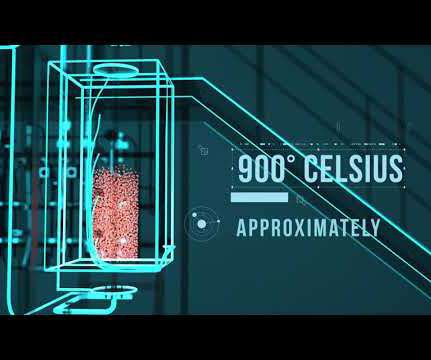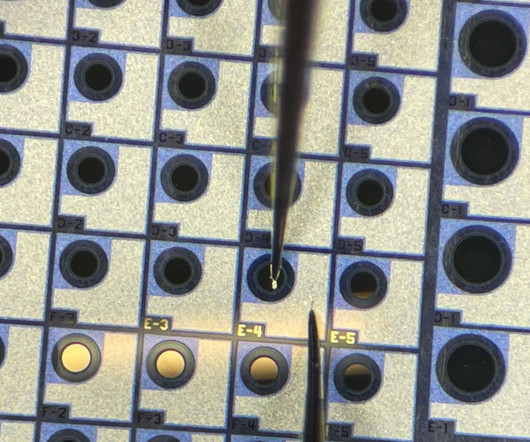Kyoto University team proposes selective dismantling to increase recycling potential of precious metals from end-of-life vehicles
Green Car Congress
DECEMBER 30, 2018
Researchers at Kyoto University in Japan are proposing the selective dismantling of certain components from end-of-life vehicles (ELVs) to increase the recycling potential of precious metals (PMs). In the automotive industry, PMs are extensively used in certain components (e.g.






































Let's personalize your content